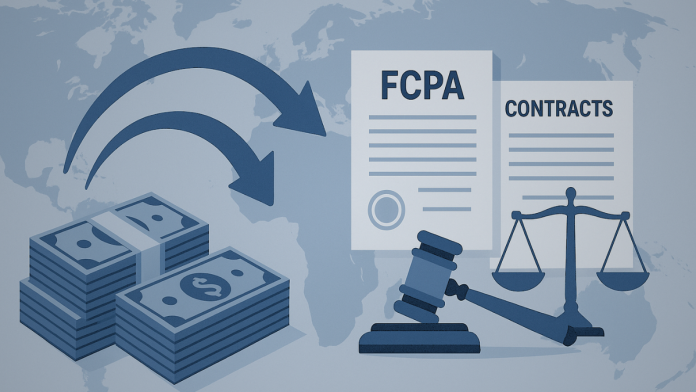A federal jury in Miami, Florida, has convicted Carl Alan Zaglin, the 70-year-old CEO of Georgia-based Atlanco LLC, for leading a years-long bribery and money laundering scheme involving foreign government officials. Zaglin, who owned and managed the manufacturer of law enforcement uniforms and accessories, was found guilty after evidence revealed that he paid bribes to secure lucrative contracts abroad.
Court records and trial evidence showed that between 2015 and 2019, Zaglin agreed to pay off officials from Comité Técnico del Fideicomiso para la Administración del Fondo de Protección y Seguridad Poblacional (TASA), a Honduran government agency. These payments were used to win and keep contracts with TASA, which purchased uniforms and equipment for the Honduran National Police. The contracts brought Atlanco more than $10 million during that time.
Instead of competing fairly, Zaglin funneled hundreds of thousands of dollars in bribes through Aldo Nestor Marchena, an intermediary then living in Florida. Marchena received over $2.5 million through fake invoices that Zaglin personally approved. These “sham invoices” were false bills created to disguise the bribes as normal business expenses. From there, the money was moved through a web of accounts in the United States, Belize, and other countries, ultimately benefiting foreign officials who secured the deals for Atlanco.
Nadine Menendez sentenced to 4.5 years for central role in political bribery scandal
Hidden Codes and Secret Deals
To cover up the crime, Zaglin, Marchena, and officials including Francisco Roberto Cosenza Centeno (then TASA Executive Director) and Juan Ramon Molina (a TASA Director), used coded words and vague terms in their communications. Emails, personal accounts, and encrypted messaging apps were employed to keep the transactions hidden.
Bribes were disguised as “commissions” or “fees.” The term “Miami” referred to Marchena, while phrases like “the guys” or “the others” referred to officials on the receiving end. Fake “Brokerage Agreements,” which are contracts made to look legitimate but actually false, were also created to justify the payments. In reality, the funds were secret bribes aimed at gaining business advantages.
Several members of the conspiracy admitted their roles before Zaglin’s trial. Marchena pleaded guilty to conspiracy to commit money laundering in June 2025. Cosenza admitted guilt to the same charge in August 2025, while Molina pleaded guilty in December 2024. Their cooperation provided critical evidence that helped secure the conviction.
Teacher cheated of RM230,000 in phone scam using fake money laundering investigation
Conviction and Penalties
The jury found Zaglin guilty of three crimes: conspiracy to violate the Foreign Corrupt Practices Act (FCPA), violating the FCPA, and conspiracy to commit money laundering. The FCPA is a U.S. law that makes it illegal to bribe foreign government officials to win or keep business. Each of the FCPA charges carries up to five years in prison, while the money laundering charge carries a maximum of 20 years.
Sentencing will be decided later by a federal judge in Florida, who will consider U.S. Sentencing Guidelines before determining punishment. The case was investigated by the Homeland Security Investigations (HSI) Miami Field Office, with assistance from authorities in Belize, Colombia, and Spain.
The Justice Department emphasized the seriousness of the scheme. Matthew R. Galeotti, Acting Assistant Attorney General of the Criminal Division, noted that bribery harms honest businesses and undermines fair competition. Trial Attorneys Peter L. Cooch and Clayton P. Solomon of the Criminal Division’s Fraud Section, along with Assistant U.S. Attorney Eli S. Rubin of the Southern District of Florida, prosecuted the case.
The conviction of Carl Alan Zaglin highlights a bribery and money laundering network that lasted almost five years, involving sham invoices, code words, and international financial channels to conceal payments to Honduran officials.
To read the original order please visit U.S. Department of Justice website


